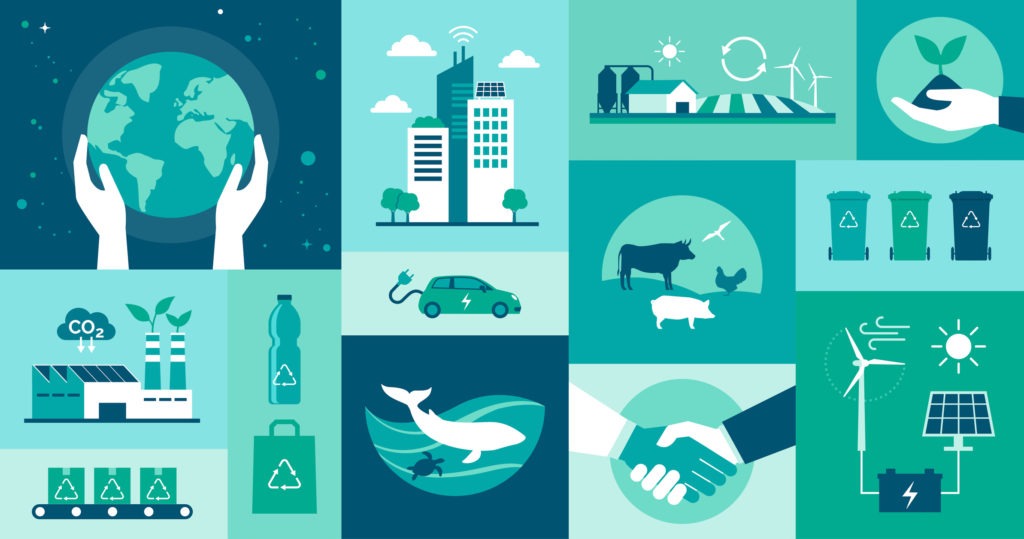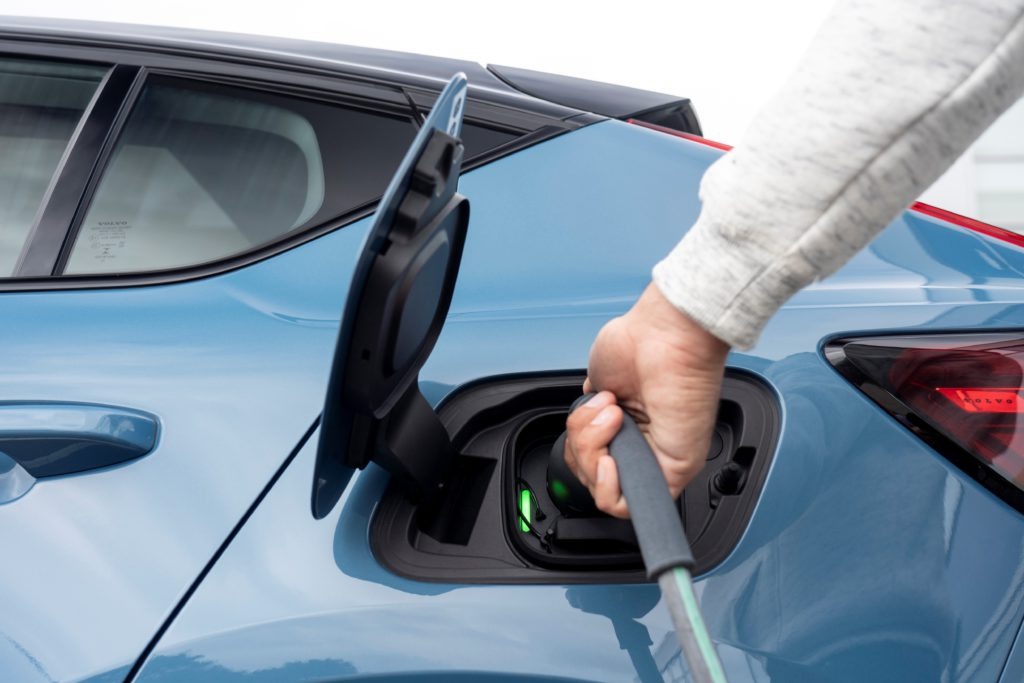Tax reforms to steer sustainable transportation
25 November 2021

How can tax reforms steer transportation towards a sustainable future? The German research organisation Öko-Institut recently published a study on taxing mobility. It states that the current system stems from a fossil-fuel age that is not up to scratch and does not fit today’s requirements.
As one of Europe’s leading independent research organisations working for a sustainable future, the institute found that the restructuring of taxes makes a key contribution to achieving climate goals – a much-debated topic at COP26.
Reform package
In what it calls an age of ‘post-fossil fuel mobility,’ the NGO said higher CO2 prices in combination with appropriate taxation of company cars, a bonus-malus system when buying a vehicle, and an additional CO2 component incorporated into truck tolls, can help make the transport sector more sustainable in the short to medium term.
‘The taxation of our mobility comes from the fossil-fuel age with mineral oil [and] gasoline,’ said Wiebke Zimmer, deputy head of resources and mobility at the Öko-Institut. ‘It no longer fits the requirements for sustainable, equitable, individual mobility and must therefore be realigned.’
The study was carried out on behalf of the German Federal Environment Agency, suggesting a reform package that touches on several aspects of transportation and electrification. It finds that carbon prices should reflect the real social costs of climate protection. A CO2 price of more than €200 per tonne should be achieved by 2030, it says.
The report also makes clear that transportation needs to rapidly be electrified. Stronger incentives when buying an electrically-chargeable vehicle (EV) are required to do so, with the institute recommending the implementation of a bonus-malus system.
This would counter-finance the purchase premium for EVs (bonus) with additional income from CO2-intensive vehicles (malus). Why would that be of benefit? This system would ensure that not all taxpayers finance the purchase of EVs, but only those who can afford a new car, something the NGO says makes another contribution to climate protection while also being more socially equitable.
Financing the future of transport
Additionally, the study advises that the private use of company cars should be taxed higher, which would lead to these vehicles being used less frequently or not at all. ‘Because the taxable amount is independent of usage and because companies often also pay for the operating costs, the incentive to travel a lot is very high today. In addition, most people with a higher income benefit from it – the company car allowance is therefore socially unjust and ecologically counterproductive,’ the study finds.
As part of the suggested reform package, the report looks at how the transport sector will be financed in the future. In Germany, energy tax currently makes up the largest share of tax revenue from the transport sector. But it will drop sharply by 2050, with the income from electricity tax and CO2 pricing not being able to fully offset this decline. Therefore, the report suggests introducing a toll for all vehicles, including trucks and cars.
The suggestions echo similar demands made by Greenpeace Germany. The country is in the middle of forming the next government, and Greenpeace demands a new tax policy from the coalition parties to improve the carbon footprint of the transport sector. This could include a registration tax based on CO2 emissions and a fundamental revision of the rules surrounding company cars.



